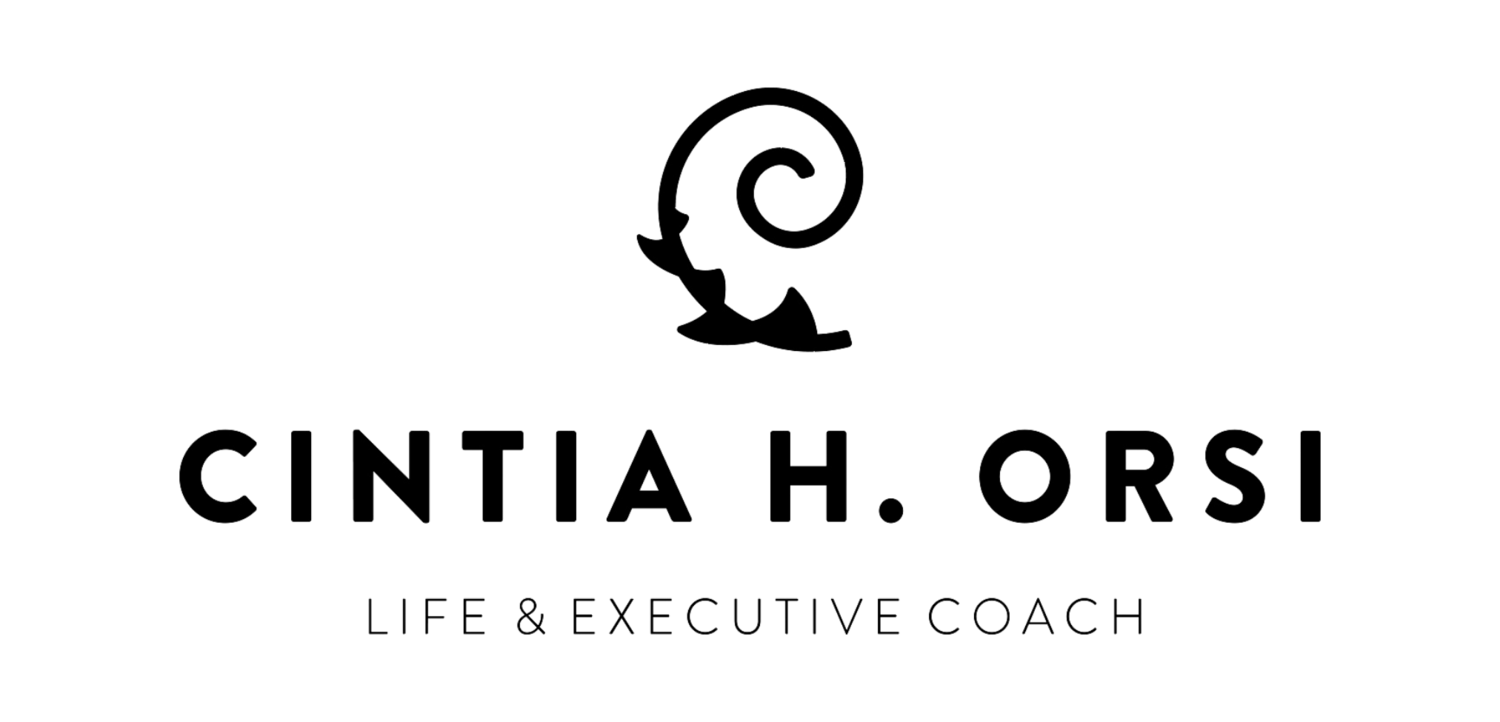What is coaching? Coaching and skills for the NOW.
What is coaching? Perhaps we should start with: what is not coaching? Coaching is not psychotherapy, counseling, consulting, nor mentoring. Coaching is not a regulated profession yet. That means you can find a wide range of definitions and impacts. Associations of coaches have developed accreditation programs, certification paths, code of conduct, and ethical guidelines to raise coaching standards, so society can continue to benefit from great coaches.
The International Coach Federation (ICF) defines coaching as "partnering with clients in a thought-provoking and creative process that inspires them to maximize their personal and professional potential."
The Institute of Coaching at McLean, an affiliate of Harvard Medical School, defines coaching as "an interpersonal process that helps people achieve positive change and growth. By harnessing innate strengths, uncovering intrinsic motivations, and asking empowering questions, coaching fosters self-generated insight, vision, and goal clarity". The institute published an article that describes the complexity in defining the coaching profession. Quoting "Coaching as a practice is very young and is made up of practitioners from a wide variety of disciplines and backgrounds, from business consulting, Human Relations (HR) and Organizational Development (OD), and training, to sports, education, and philosophy, to any number of psychological disciplines such as industrial/organizational (I/O) psychology, counseling psychology, clinical psychology, and social psychology. Given the varied backgrounds, experiences, and perspectives coaches bring, it is not surprising to see a lack of consensus about definitions, methods, and techniques."
“An effective coach is there for the client, in the present, with a servant’s heart.”
While defining the coaching profession is difficult, there is a general agreement that the coach is there for the client, in the present moment, helping them to become resourceful in moving forward towards a purpose from the place they started.
Coaching models, approaches, tools, and assessments are in constant development. With that in mind, organizations have been created to train coaches by providing a continuous educational path. While being knowledgeable and resourceful is excellent, the coaching power comes from the partnership with the client. An effective coach is there for the client, in the present, with a servant's heart.
If you read up to here and think that coaching would have a significant impact in your life, before you decide on your coach - and yes, you have the power of choice - I recommend you to do your research and also ask for a pre-coaching meeting, when you will get to know your prospective coach and have a genuine conversation. Look for credentials, commitment to a code of conduct, and ethical standards for coaching, references, and testimonials. Above all, ask yourself:
Is this the coach that I am willing to trust and be vulnerable?
Is this the coach that I invite to be part of my self-awareness, learning, and growth journey?
“During this time of Covid-19 outbreak, coach core competencies will be challenged.”
To obtain a coaching credential, the coach must demonstrate a series of competencies (for ICF core competencies link ; other organizations may evaluate different core competencies). During this time of the Covid-19 outbreak, the core competencies of a coach will be challenged. There is loss and grief, much need of healing and self-compassion in a collective way.
I believe the coach will need:
To have flexibility, agility, and eagerness to learn - a mindful dance of zooming in and out from the client interaction. For example, be critical and open-minded of the never-ending new tools and resources for a broad perspective, then zoom in to be present with the client for personalized individual care. A tool is just a tool in the toolbox if not applied or adapted to the proper context.
To thrive in the unknown to have each client journey, each client session, a unique and uplifting experience for the client regardless of the place the client started.
To build a new level of resilience, the coach can be there for the client beyond the physical presence.
For more on building resilience, see American Psychological Association article, and Flex - the art and science of leadership in a changing world by Dr. Jeffrey Hull.
I believe in the uniqueness of the human being's journey. As a scientist, I understand the search for patterns, trends, and models for knowledge and innovation for a functional society. The eagerness to learn evidence-based models and approaches is part of the role of a coach. As a faithful servant, I believe the heart to serve others must also be there, the eagerness to know the other as they are.
Gratefully,


